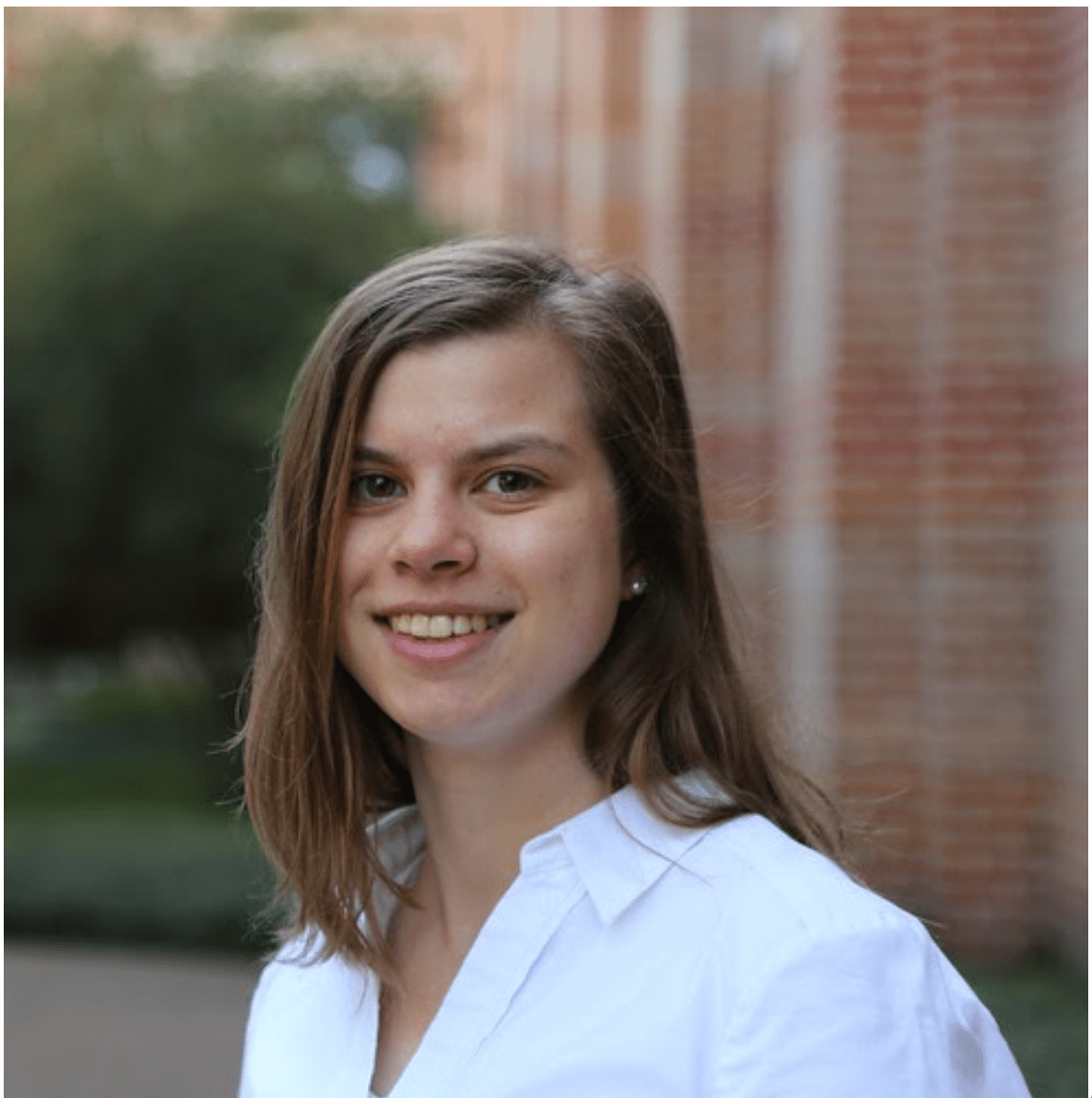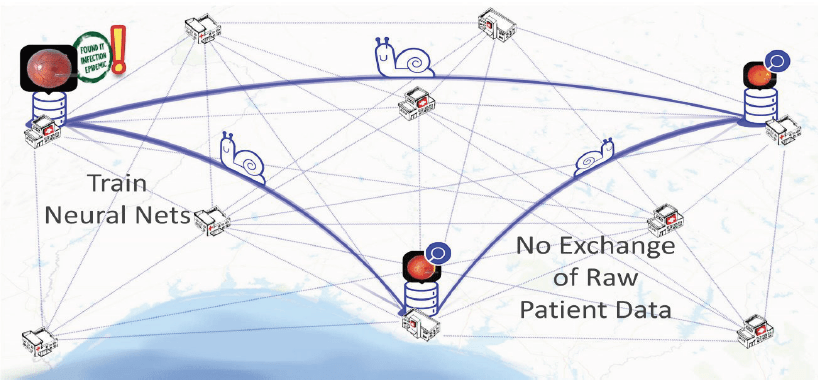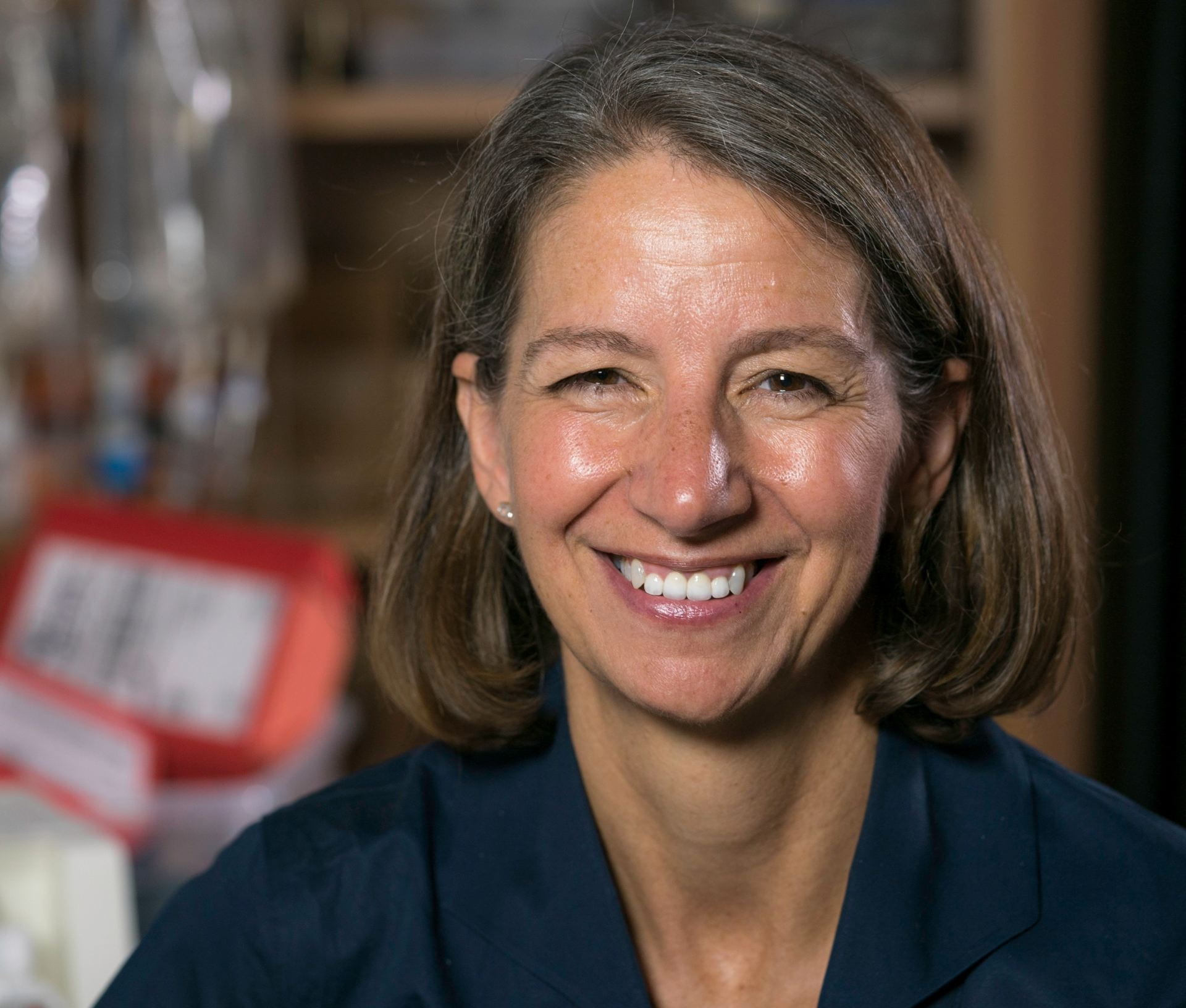WebinarS
Can cameras really measure vital signs? Algorithms and systems for camera-based health monitoring in unconstrained settings
Rice PhD candidate Ewa Nowara will give a talk in the Grundfest Lecture Series in computational imaging, co-organized by UCLA and Caltech. For more information and registration check out this link: https://visual.ee.ucla.edu/web_series/

Ewa Nowara, PhD candidate, Rice University
Image and overview content courtesy: https://visual.ee.ucla.edu/web_series/
Split Learning for Distributed Machine Learning (SLDML’21)
Overview: Friction in data sharing and restrictive resource constraints pose to be a great challenge for large scale machine learning. Recently techniques such as Federated Learning and Split Learning have provided a suite of resource efficient mechanisms for distributed machine learning. The focus of this workshop is to disseminate a lively set of research works around split learning and a sampling of other variants that are of great relevance to this paradigm. These topics are of increasingly large commercial, academic and policy interest.
It is therefore important to build an organic community for this research area, where collaborating researchers share empirical/theoretical insights, code, data, benchmarks and training pipelines in order to advance distributed machine learning. In addition to disseminating recent advances, we plan to identify and document open problems and challenges in split learning and its variants.
Full workshop information, registration and program here: https://splitlearning.github.io/workshop.html

Image and overview content courtesy: https://splitlearning.github.io/workshop.html
Biophotonics Solutions to Global Health Challenges
Registration link (webinar link will be sent to your email after you register):
https://riceuniversity.zoom.us/webinar/register/WN_ocihTpqiSIC2BltwCv1QGg
Personal bio:
Rebecca Richards-Kortum, Ph.D. is the Rice University Malcolm Gillis University Professor of Bioengineering, the Director of Rice 360°: Institute for Global Health, and serves as the special advisor to the Provost on health-related research and educational initiatives. Her research has been instrumental in improving early detection of cancers and other diseases,
especially in low-resources settings. She is currently working with colleagues and undergraduate students to develop a Nursery of the Future to provide technologies necessary to reduce neonatal death in sub-Saharan Africa to rates equivalent to the United States.
Richards-Kortum’s research has led to the development of 40 patents. She is author of the textbook Biomedical Engineering for Global Health (Cambridge University Press, 2010), more than 230 refereed research papers and 11 book chapters. Her teaching programs, research and collaborations have been supported by generous grants from the
National Cancer Institute, National Institutes of Health (with more NIH grants than any other Rice professor), National Science Foundation, U.S. Department of Defense, Howard Hughes Medical Institute, Bill & Melinda Gates Foundation, Whitaker Foundation, and the Virginia and L.E. Simmons Family Foundation.
She is a member of numerous academic associations including the National Academy of Sciences, the National Academy of Engineering and the American Academy of Arts and Sciences. As a member of both the National Academy of Sciences and the National Academy of Engineering, she has the rare distinction of dual membership in the National Academies. In 2016, The American Institute for Medical and Biomedical Engineering (AIMBE) presented its highest honor, the Pierre Galletti Award to Dr. Richards-Kortum.
In 2008, she was named a Howard Hughes Medical Institute Professor and subsequently received a grant for the undergraduate global health program at Rice. This program won the Science Prize for Inquiry-Based Instruction from Science magazine and the Lemelson-MIT Award for Global Innovation.

Rebecca Richards-Kortum, Ph.D.
Malcolm Gillis University Professor
Director, Rice 360 Institute for Global Health
Department of Bioengineering at Rice University
Adjunct Professor, University of Texas Health
Science Center, McGovern Medical School
